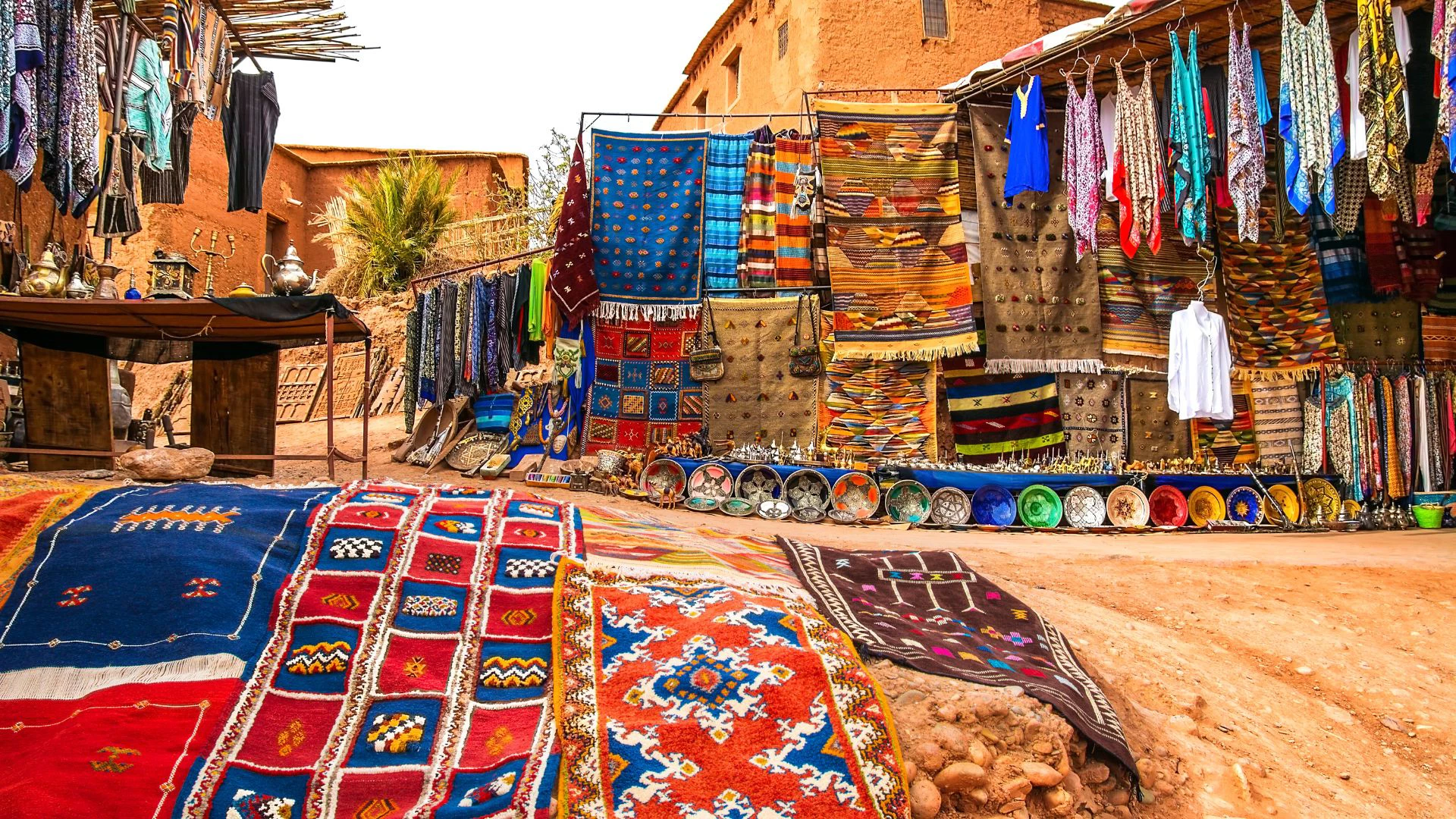 Copyright: Canva. Elena Studios
Copyright: Canva. Elena Studios
Editor's note: This blog is the second in a series of three in which we introduce the concept of trust and how to measure it, present interesting facts from Morocco, and address the critical question of building trust. The findings are taken from a recently published report, and the data is publicly available. Click here for the first blog.
In the first post of this series, we discussed the importance of trust as a critical ingredient for development. Yet, still little is known about how trust plays out in developing countries. Who trusts institutions? Which public institutions are most trusted? And what drives trust?
Unpacking these questions has become particularly relevant in the Middle East and North Africa (MENA) region. The post-pandemic economic slowdown, inflationary shocks, and food insecurity resulting from the war in Ukraine are straining institutional trust.
In May and June 2021, a large-scale phone survey of about 6,000 respondents was conducted across Morocco, using a quota sampling method, with each region, age, gender, and income group containing a relatively high level of respondents. Here are five key takeaways:
1. Trust levels vary widely between individuals. Citizens are far from homogenous regarding trust in institutions, something policymakers should be aware of. The data shows the added value of subnational analysis: wide variation in levels of institutional trust between- and within-regions were identified, consistent with previous World Bank analysis that highlights the importance of spatial disparities in MENA countries.
Socio-demographic distinctions also matter a lot:
- There is an important gender gap in institutional trust: only 48 percent of women expressed trust in institutions compared to 62 percent of men.
- Young people are substantially less likely to trust institutions – with an average of 49 percent of 18–35-year-olds reporting trust in institutions, compared to 60 percent of individuals above 35.
- The trust deficit is larger for medium-income groups. We found a U-shaped relationship between income and institutional trust: low-income and high-income groups have higher trust levels.
In practice, a high-income male 51-54 years old has an 81 percent probability of trusting the government, compared to 46 percent for a low-income female 20-24 years old.
2. Not all institutions benefit from the same levels of trust. Institutions tasked with ensuring law and order (justice, police, army) are endowed with higher levels of trust than executive or legislative institutions. Respectively, 97 and 73 percent of respondents trust the army and the police, while the elected executive garners the trust of 55 percent of Moroccans and the legislative 39 percent. These dynamics are observed in most countries in the MENA region.
Figure 1: For the purpose of regional comparison, data from Wave 5 of the Afro-Barometer is used, which is consistent with the results of our survey.
3. Trust matters for individual and collective optimism. Survey data indicates that only 56 percent of respondents think Moroccans trust each other. It also shows that interpersonal trust in Morocco is disproportionately geared toward in-groups, such as family, friends, and neighbors. However, there is a strong correlation between social and political trust: 67.7 percent of individuals who strongly believe that Moroccans tend to trust each other also report trusting political institutions, compared to 40.5 percent of those who believe that Moroccans don’t trust each other at all – a gap of 37 percentage points.
Institutional trust also correlates with Moroccans’ positive attitudes toward their individual and collective future. Individuals with higher levels of confidence in government are more likely to believe that they have freedom and control over their own lives by up to 24 percentage points compared to individuals with low trust levels (i.e., 61.5 percent vs. 37.3 percent) and that people in their country can change society through their individual choices and actions by up to 16 percentage points (i.e., 88 percent vs. 71.4 percent).
4. Trust matters for pro-social policy combined with higher taxation. Individuals with higher levels of trust in institutions tend to be more inclined toward redistributive taxation. Overall, tax morale is low in Morocco: Moroccans have a less positive attitude towards paying taxes than other countries in the MENA region. Yet, citizens’ willingness to pay taxes is strongly associated with trust in representative institutions. The survey data shows that individuals with higher levels of institutional trust are more likely to be willing to pay more redistributive taxes compared to individuals with no trust: only 24.5 percent of individuals who do not trust the government are willing to pay more redistributive taxes.
Figure 2 The estimated predictions are derived from logit model regressing, respectively, tax willingness on trust and individual optimism on trust
5. Trust matters for policy compliance. When trust erodes, citizens are less likely to cooperate and act. In practice, data from the Arab Barometer shows that citizens who trust their country’s institutions were more likely to abide by social distancing than individuals who do not trust the government (92 percent vs. 96.5 percent). Individuals with higher levels of trust in government were also more likely to be willing to get vaccinated (85 percent vs 92.4 percent).
With a better understanding of the trust landscape and how it impacts development in Morocco, our next post will discuss how trust is built. We will also throw in our two cents about what matters most for trust in institutions: policy outcomes or institutional process.






Join the Conversation